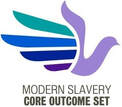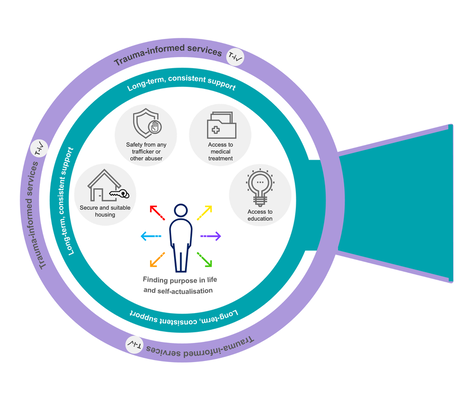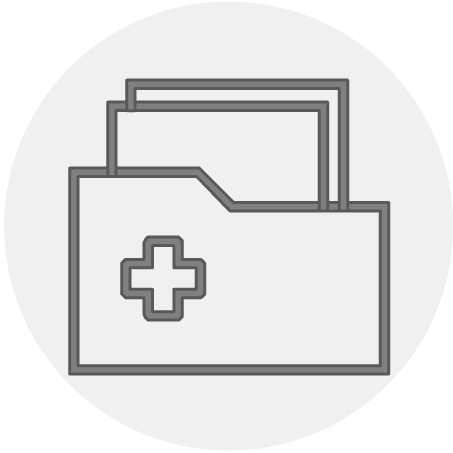AIMS AND METHODS
You can find a full summary of our review here. We wanted to understand what post-trafficking outcomes for survivors are sought or identified by non-academic research in the field of modern slavery. We were also interested in who gets to choose these outcomes: policymakers, survivors, charities, or other stakeholders. To answer our questions, we searched for relevant intervention reports, service evaluations, and other non-academic research in English. These could be published by governments, intergovernmental agencies (e.g., UNHCR or IOM), charities, private companies, or not-for-profit community groups. We searched two grey literature databases (NICE Evidence Search and Open Grey), records in our other two reviews excluded as grey literature, 34 anti-trafficking non-profit organisation websites, and 9 government department websites. We also issued a call for evidence among exploratory workshop stakeholders. After searching, we identified 1161 records, and from these, 13 were relevant to our aims.
RESULTS
Although participants were a roughly equal mix of professionals and survivors, 205 of 330 outcomes came from survivors. The grey literature review produced 330 outcomes. These covered a range of domains including activism, advocacy, basic functioning, belonging, education, employment, exploitation, family, finances, health, housing, human rights, feeling human, inclusion justice, legal, mental health, peer support, prevention safety, services, society, survivor leadership, wellbeing. Services and wellbeing constituted the two largest outcome domains, including outcomes such as ‘services keeping their promises’ and ‘being loved’ respectively. There was a strong focus on survivor agency, with outcomes such as ‘amplifying survivor voices’, ‘being heard’, ‘taking the lead [in services]’ and ‘not being treated like a victim’.
MSCOS Discussion Forums
|
PARTNERS
|
FUNDER
|















